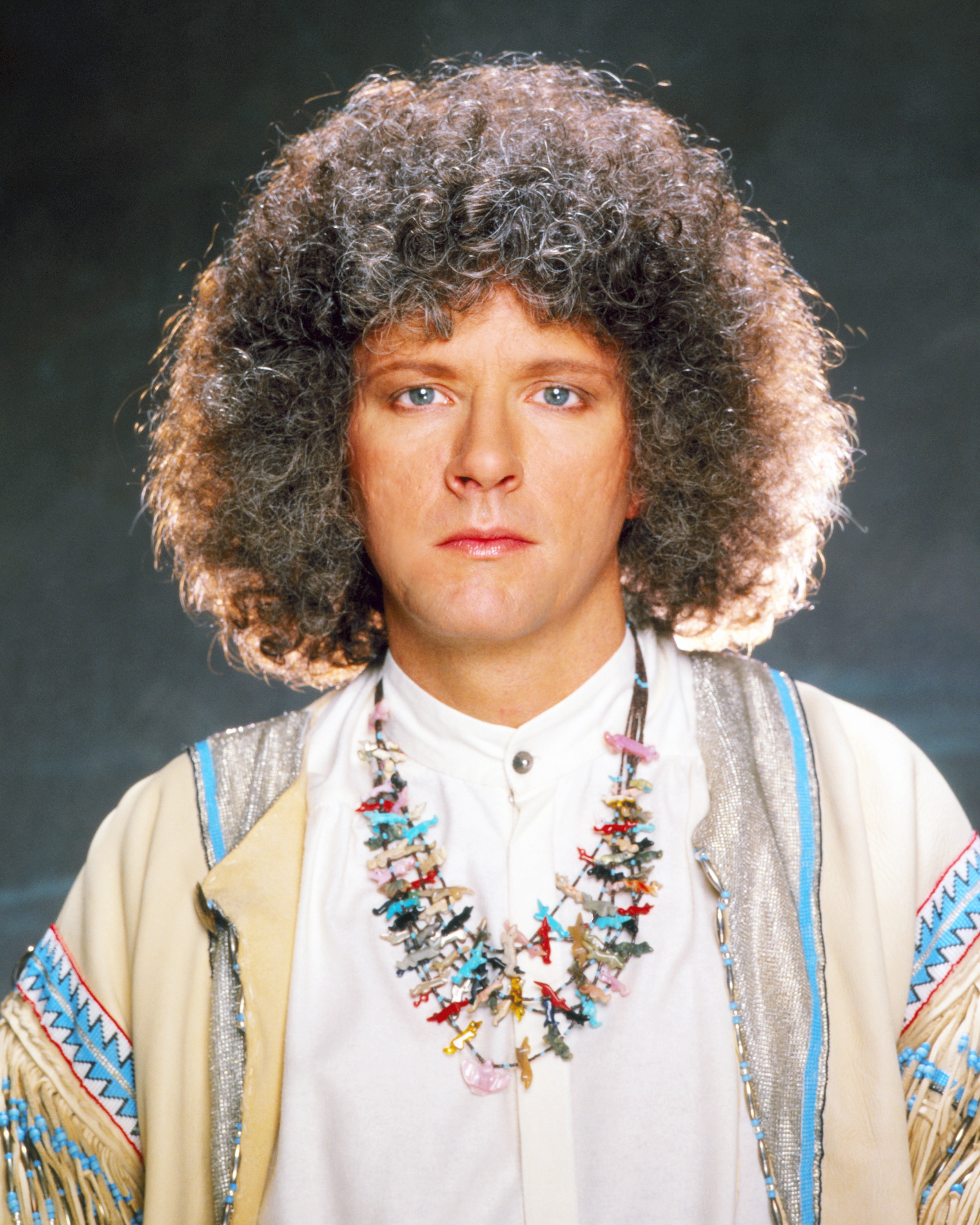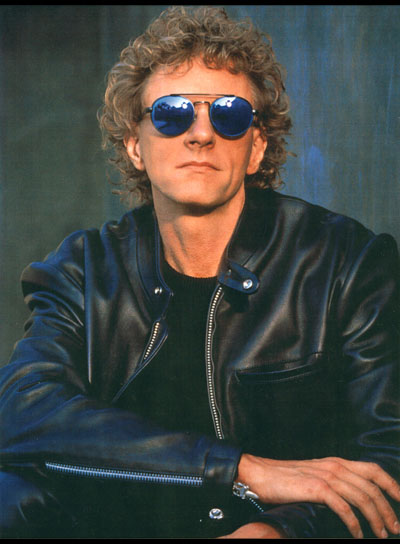Rama – Dr. Frederick Lenz
was born on February 9, 1950, in San Diego, California. He grew up in Stamford, Connecticut, and at the age of 3 and 4 he would already be spending time in samadhi. At the time, of course, he didn’t realize that he was different from other kids, it became quite clear soon that other people didn’t see life the way he did.
While he described himself as a rebel in high school, he excelled at the University of Connecticut, where he majored in English and minored in Philosophy. He continued his studies and received a Ph.D. in English Literature from the State University of New York.
During his school years he became deeply involved in meditation and the study of self-discovery. In his own words, “I started to meditate formally at about 18 and began to go into samadhi right away,” he recollected. “I can remember sitting on a mountaintop in Southern California. I had been meditating for maybe six months, just on my own. I’d read a book or two about it. The books reminded me of something, and I would sit out there around twilight and focus on my third eye, and everything would become still. Rings of light would appear, and I’d go through them. Then suddenly, I would be beyond time and space, beyond life and death. I would dissolve for what, an hour, a lifetime, eternity? There are no words. And I was changed by this experience.”

As time passed, Dr. Lenz decided it was time to teach on his own. In early 1981, he formed his own school of American Buddhism. Making himself available, sometimes over 200 nights a year, to those interested in living “an uncommonly fine life,” he embarked on teaching Buddhist principles and meditation, ultimately to more than 100,000 people.
American Buddhism, as he called it, is a form of Buddhism that is right for people who want to live a life fully committed to spiritual evolution while simultaneously using career and all aspects of the western lifestyle to achieve enlightenment in this life. American Buddhism doesn’t reject modern living in western culture, but rather integrates the premises of meditation and mindfulness with living a full, rich life of excitement and fun.
In 1982 Dr. Frederick Lenz adopted the name “Rama”, although as he says, he doesn’t know if he chose it or it was chosen for him. What was clear to him after a deep meditation was that this was his name.
By 1983 he had over a thousand students, however, later on he scaled back. Rama was the ultimate koan for many of the people visiting his seminars – showing up in a full auditorium in a black leather jacket, wearing sunglasses, drinking a Diet Coke and instead of the shaved head expected from one calling himself a Zen Master, he was sporting a full head of curly hair. Those who couldn’t solve this koan for themselves would soon drop out. Those who did, found themselves uplifted and with a deeper understanding.
Among other things Dr. Lenz emphasized the importance of career success for his students, stating that it was “using work to advance oneself spiritually.” He himself was a successful software designer and managed a number of companies and was active in the introduction of many new technologies in banking, trading systems, encryption, and internet software. He was an accomplished sportsman, encouraging his students to master sports like martial arts and scuba diving. As a philanthropist, Dr. Lenz was a major contributor to National Public Radio in Connecticut, a donor and supporter of the American Civil Liberties Union, the National Cancer Institute, the AIDS Fund, Amnesty International and many other non-profit organizations.
Rama passed away in 1998, giving his students another koan to decipher. He willed his estate to the Foundation for American Buddhism, for the purpose of supporting Buddhism in America. A listing of his many achievements belies the fact that his greatest achievement was in consciousness. He attained the highest states of awareness in the midst of numerous obstacles and never wavered in his commitment to teaching and helping others. He accomplished all tasks with integrity, enthusiasm, and an incredible sense of humor.
Since Rama’s death many of his students kept his teachings and legacy alive. Some by teaching the dharma themselves, others by publishing talks by Rama, writing books, or other publications about the unique experiences they’ve had with Rama. Over the past two decades they have made available for others to share in the wisdom, the magic and the enlightenment that Rama has shown them.
For a more in-depth look into Rama’s life, writings, talks and his work, visit the Rama Meditation Society.


